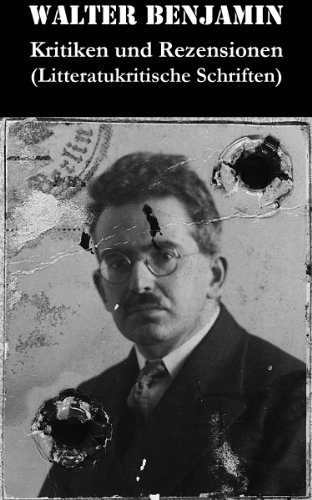
Part of Series
Walter Benjamin hat sich in seinem Aufsatz Über einige Motive bei Baudelaire und in manchen anderen Studien mit dem Ingenium Baudelaire befaßt; er charakterisiert den Dichter als einen Allegoriker im Zeitalter der aufkommenden Massen. Seine Übersetzung der Tableaux Parisiens, des zweiten Teils der Fleurs du mal, ist vielen unbekannt geblieben. Sie wird eingeführt durch Benjamins Essay Die Aufgabe des Übersetzers. »Es ist das Einmalige der Dichtung von Baudelaire, daß die Bilder des Weibes und des Todes sich in einem dritten durchdringen, dem von Paris. Das Paris seiner Gedichte ist eine versunkene Stadt und mehr unterseeisch als unterirdisch.« Walter Benjamin
Author

Walter Bendix Schönflies Benjamin was a German-Jewish Marxist literary critic, essayist, translator, and philosopher. He was at times associated with the Frankfurt School of critical theory and was also greatly inspired by the Marxism of Bertolt Brecht and Jewish mysticism as presented by Gershom Scholem. As a sociological and cultural critic, Benjamin combined ideas drawn from historical materialism, German idealism, and Jewish mysticism in a body of work which was a novel contribution to western philosophy, Marxism, and aesthetic theory. As a literary scholar, he translated the Tableaux Parisiens edition of Baudelaire's Les Fleurs du mal as well as Proust's In Search of Lost Time. His work is widely cited in academic and literary studies, in particular his essays The Task of the Translator and The Work of Art in the Age of Mechanical Reproduction. Influenced by Bachofen, Benjamin gave the name "auratic perception" to the aesthetic faculty through which civilization would recover a lost appreciation of myth.

